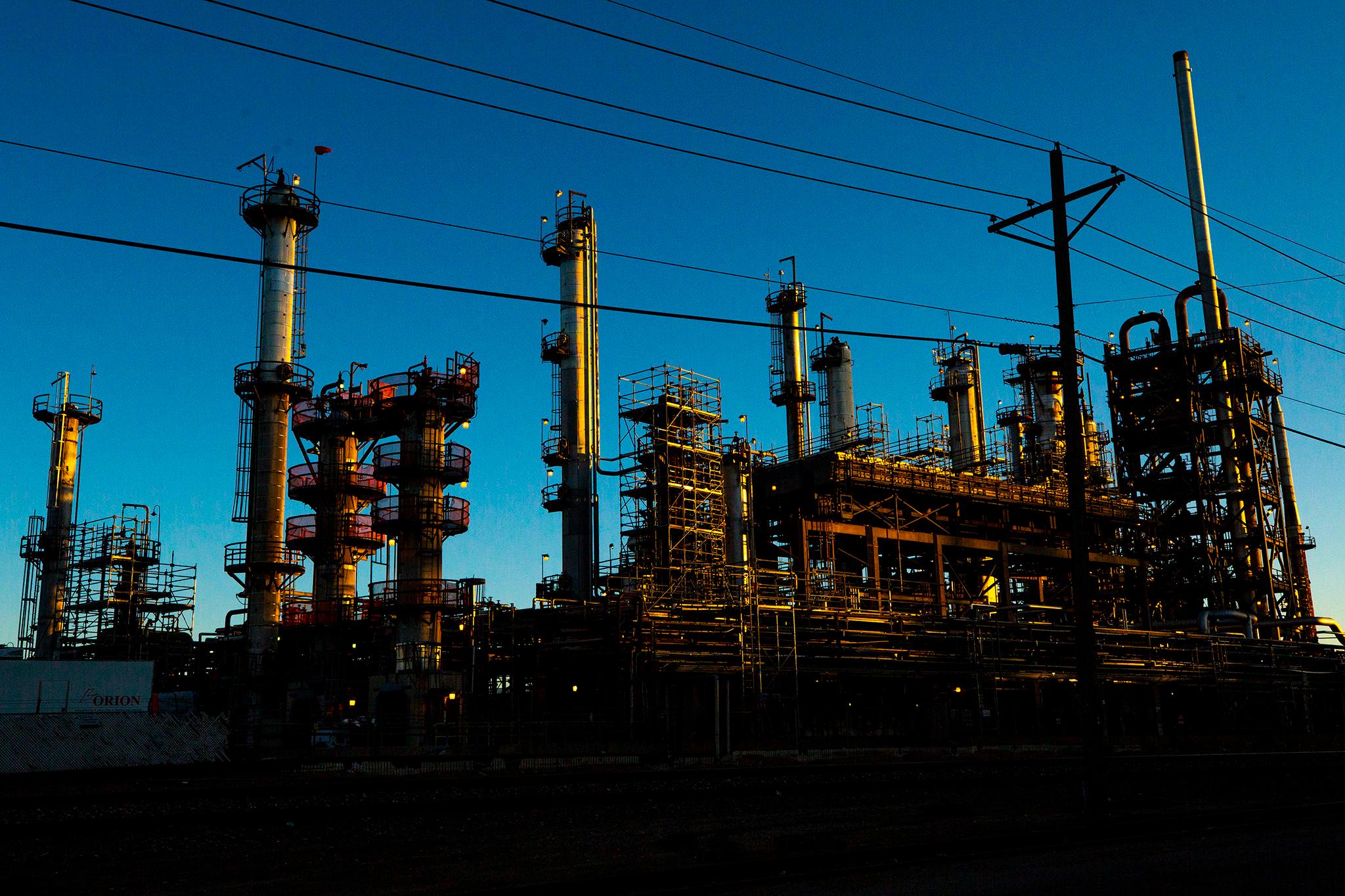
For more than a decade, Colorado regulators have allowed Suncor to operate part of its Commerce City refinery with an expired air pollution permit. Those days now appear to be coming to a close.
Last Wednesday, the Colorado Air Pollution Control Division submitted a draft permit for Plant 2, the eastern portion of the refinery, to the federal government. It would require the company to publish continuous emissions data, perform more tests to control releases of hydrogen sulfide and conduct more monitoring to avoid the release of visible pollution. The U.S. Environmental Protection Agency has 45 days to review the permit and ask for any changes.
The permit itself is a sort of driver’s license for stationary air pollution sources. Under the Clean Air Act, state and federal regulators must renew a Title V permit every five years, updating it to include new emissions limits or monitoring requirements. Suncor applied to renew its Plant 2 permit in 2010, but state regulators have delayed action due to staff shortages and other hangups. In the meantime, the air pollution division allowed the company to operate under its old permit, which expired in 2011.
The move to renew the permit without significant limitations to Suncor’s operations has frustrated some residents and environmental justice advocates. Olga Gonzalez, the executive director of local health group Cultivando, said it comes weeks after her organization set up a local air monitoring network in Commerce City.
“Our community will continue to live with the fear of deadly chemicals in the air,” Gonzalez said. “We’d been hopeful we’d have more time to do monitoring before permits like this were granted to Suncor.”
The refinery has become a symbol of environmental injustice after years of pollution spikes and plant malfunctions, including a 2019 accident when refinery workers overloaded a unit used to make gasoline. The mistake ejected a cloud of clay-like dust over the largely Latino community, forcing nearby schools into lockdown. The company further offended many of the refinery’s neighbors with offers of free car washes.
Suncor, which is a financial supporter of CPR News, has taken steps to improve the refineries’ operations since then. After a $9 million settlement with state air regulators, the company installed automatic shutdown systems to prevent similar dust releases. It also set up a voluntary air monitoring program with results published on a public website.
Despite those efforts, environmental groups pushed the state to take more aggressive action as it considered a new permit for the company. In a pair of public comment periods in May 2021, many activists and Commerce City residents called for state regulators to deny or pause the permit until the company fixes any pollution issues.
In written responses to those comments, the Air Pollution Control Division noted it couldn’t deny the permit because regulators had determined the company would meet emissions control limits. As for the company’s track record of breaking those limits in the past, the division said it had “taken enforcement action to address these periods of non-compliance, and will continue to do so, as appropriate.”
Jeremy Nichols, director of the Climate and Energy Program for WildEarth Guardians, said the response reflects a culture of accommodation among Colorado air regulators.
“From our perspective, they’re mistaken,” Nichols said. “They are not obligated to approve a permit. They are not obligated to give cover for a company to keep violating and keep polluting.”
Nichols also doesn’t think the issue is settled. The Air Pollution Control Division only submitted the draft permit to the EPA after his group filed a lawsuit in state court. Last month, a judge in the 17th Judicial District ordered regulators to act on Suncor’s permit renewal requests “without further delay.” That includes the recently submitted permit and separate permits for Plant 1 and Plant 3 on the western side of the facility. Nichols said regulators have told his organization they intend to take action on the second set of permits within 90 days.
Meanwhile, the debate over the Plant 2 permit could drag on for months. If the EPA does not object to the permit from state regulators, environmental groups will still have a 60-day period to petition the federal agency to change its position.
“And we’ll be taking advantage of that opportunity if the EPA doesn’t weigh in,” Nichols said.









